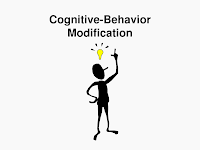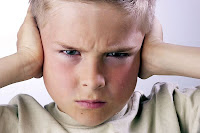Does Oppositional Defiant Disorder Usually Occur Alongside Other Disorders?

Re: "Does Oppositional Defiant Disorder usually occur alongside other disorders?" The short answer is “yes, more often than not!” Many kids who are diagnosed with Oppositional Defiant Disorder also have other treatable mental health and learning conditions. Having more than one condition is called having a coexisting or comorbid condition. Some conditions that coexist with Oppositional Defiant Disorder are: Language disorders Anxiety disorders ADHD Mood disorders (e.g., depression, bipolar disorder) Learning disorders Research indicates that some kids develop the behavioral symptoms of Oppositional Defiant Disorder as a way to manage anxiety or uncertainty. Anxiety disorders and mood disorders are similar to Oppositional Defiant Disorder in that they are often a response to uncertainty and an unstable home and school environment. These similarities make it more likely that Oppositional Defiant Disorder and anxiety disorder and a mood disorder will occur tog...





